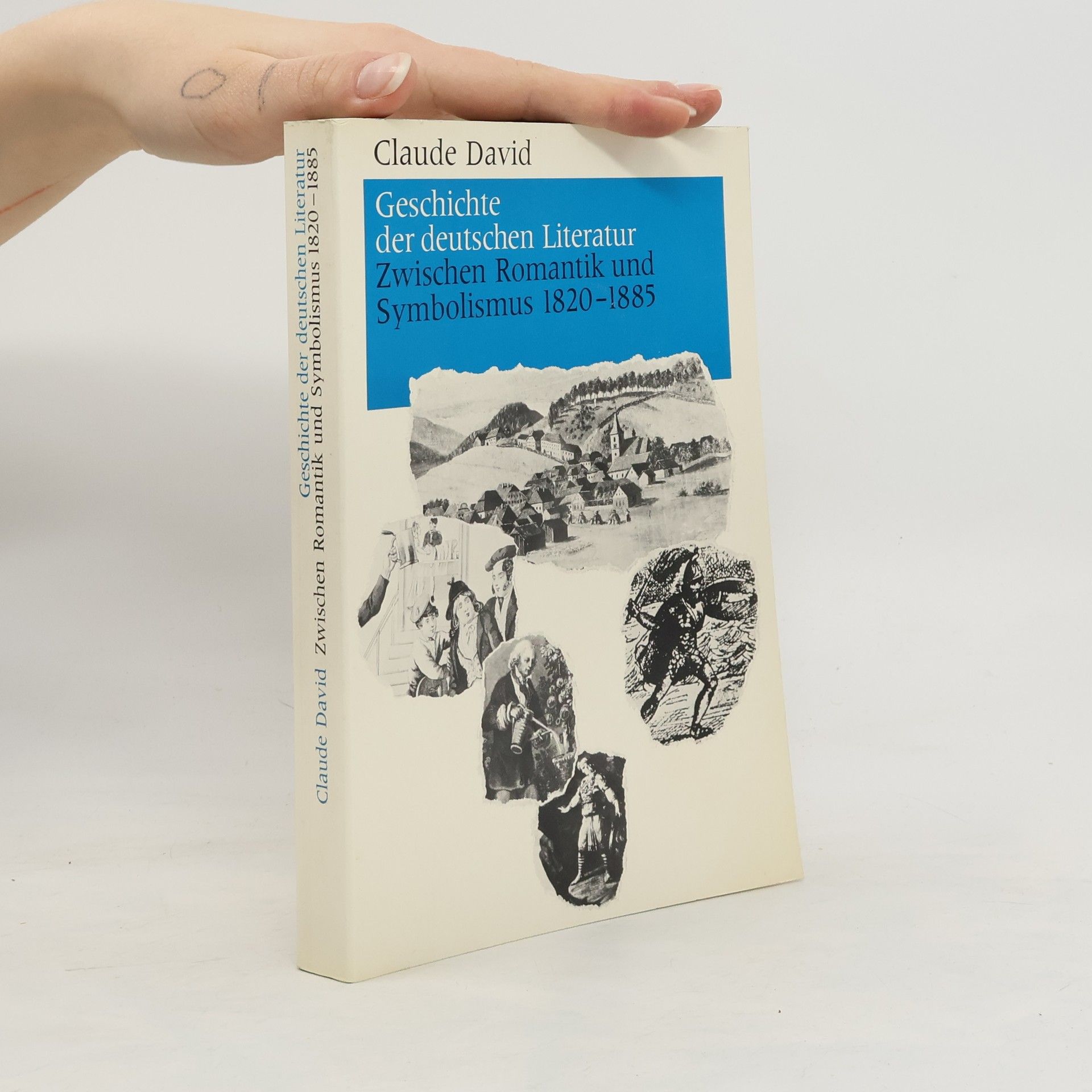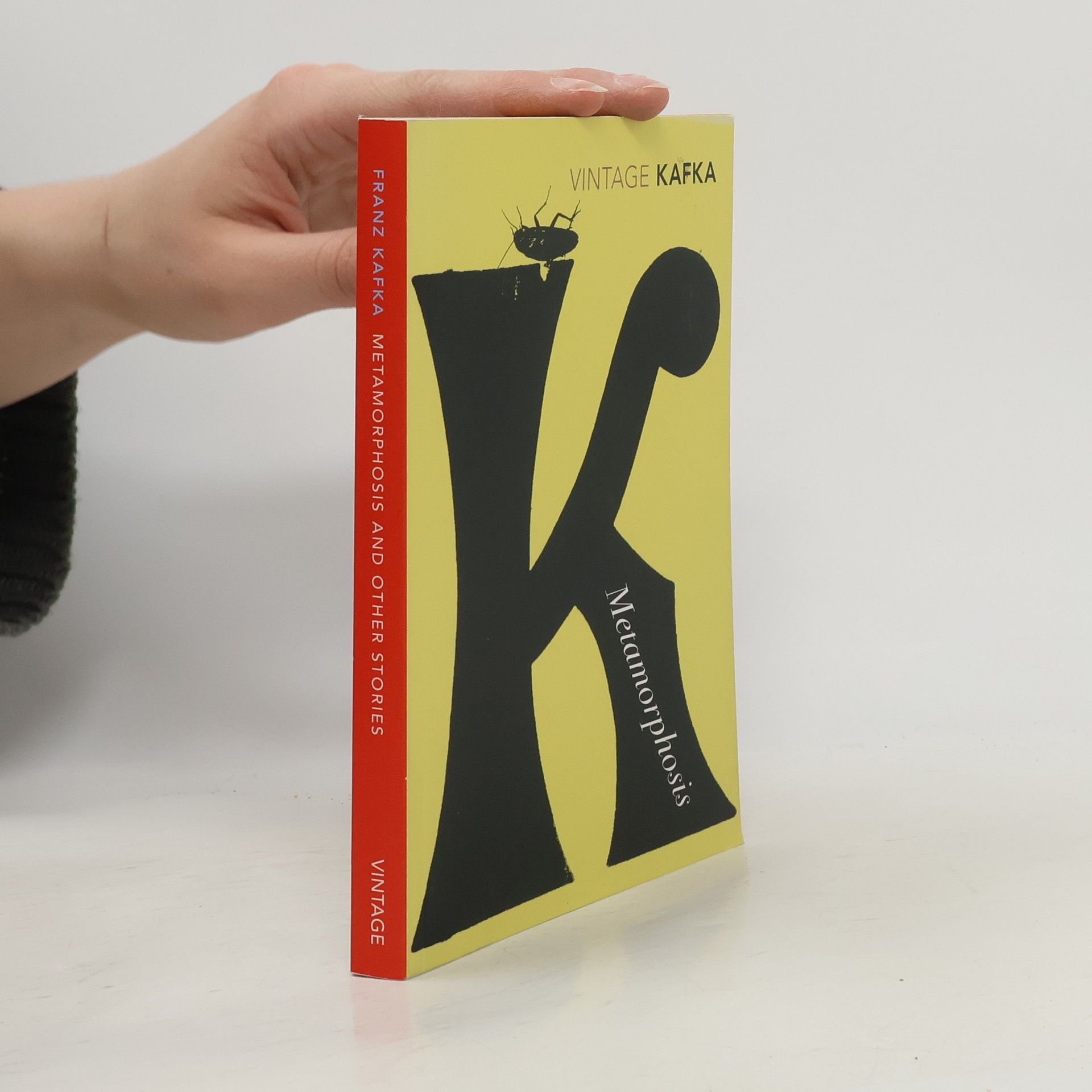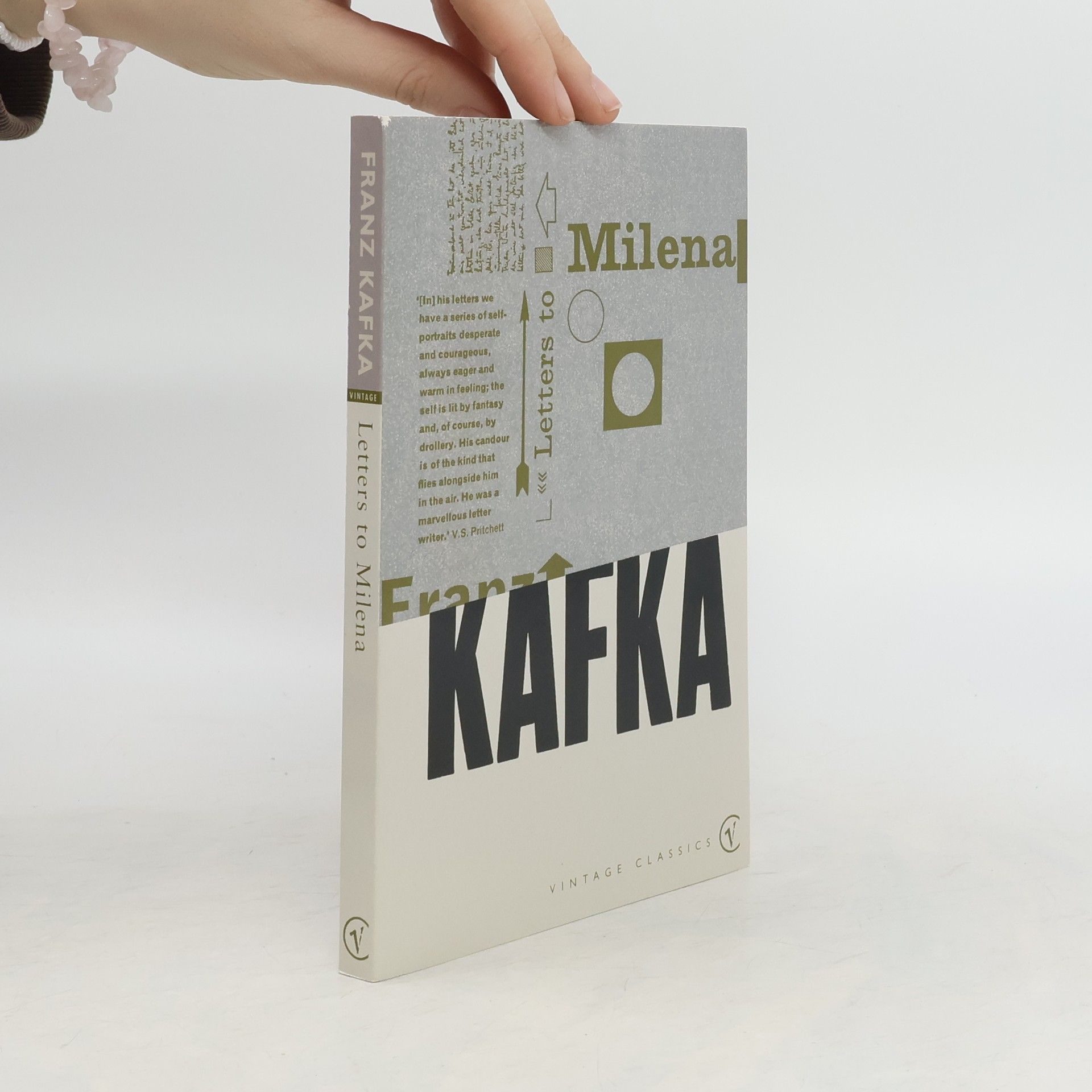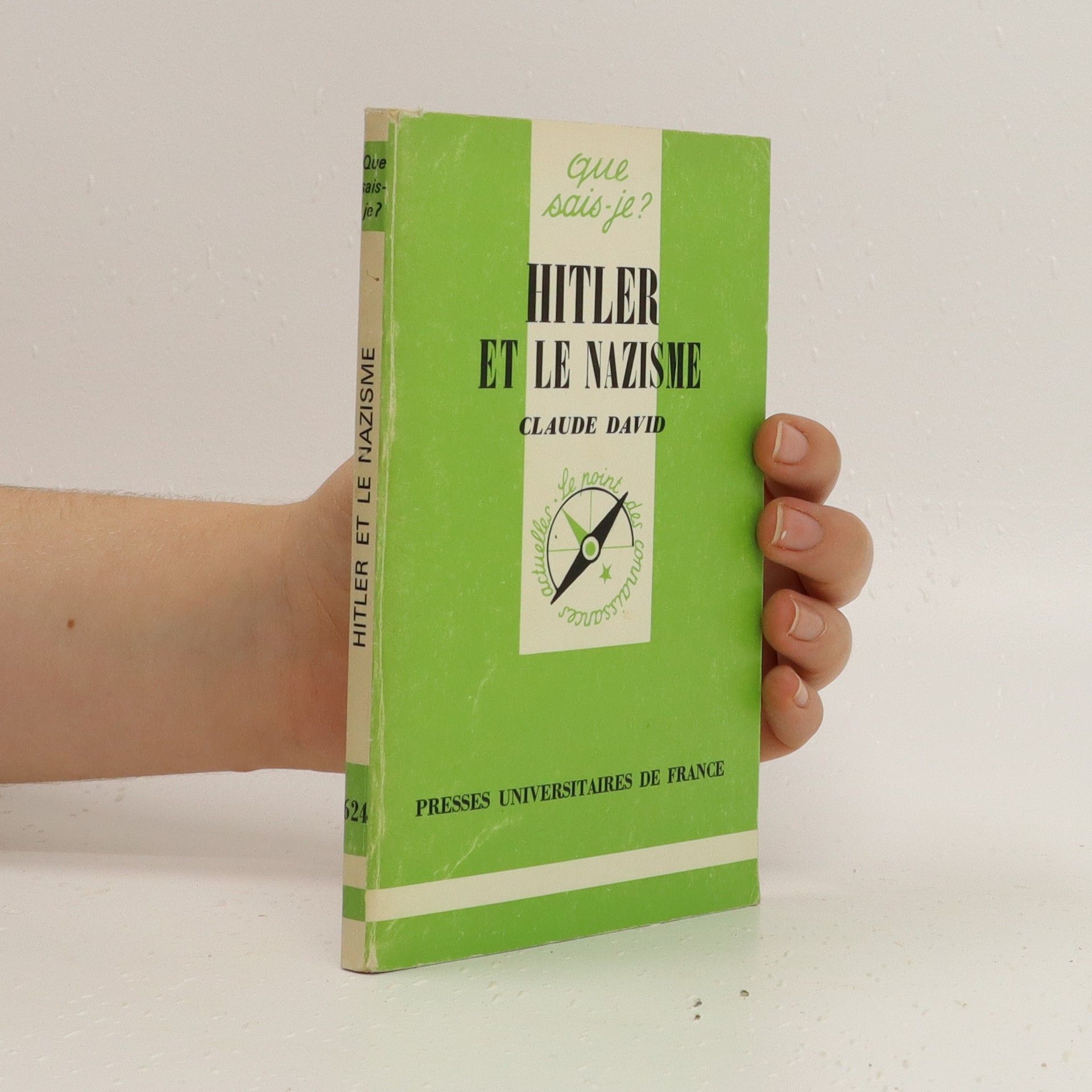Claude David Boeken






The trial
- 256bladzijden
- 9 uur lezen
First published in 1935, The Trial is a classic story of totalitarianism, sadism, and hysteria. With a labyrinth of meanings, author Franz Kafka explores the dark lives of killers.
Kafka first made the aquaintance of Milena Jesenska in 1920 when she was translating his early short prose into Czech, and their relationship quickly developed into a deep attachment. Such was his feeliing for her that Kafka showed her his diaries and, in doing so, laid bare his heart and his conscience. Milena, for her part, was passionate and intrepid, cool and intelligent in her decisions but reckless when her emotions were involved. Kafka once described her as living her life 'so intensely down to such depths'. If she did suffer through him, it was part of her great appetite for life. However while at times Milena's 'genius for living' gave Kafka new life, it ultimately exhausted him, and their relationship was to last little over two years. Kafka died in 1944 at the hands of the Nazis - these letters are a moving record of their relationship.
Metamorphosis and Other Stories
- 218bladzijden
- 8 uur lezen
WITH AN INTRODUCTION BY ADAM THIRLWELLOne morning, Gregor Samsa wakes up to find himself transformed into a giant insect. His family is understandably perturbed and he finds himself an outsider in his own home. In Metamorphosis and the other famous st